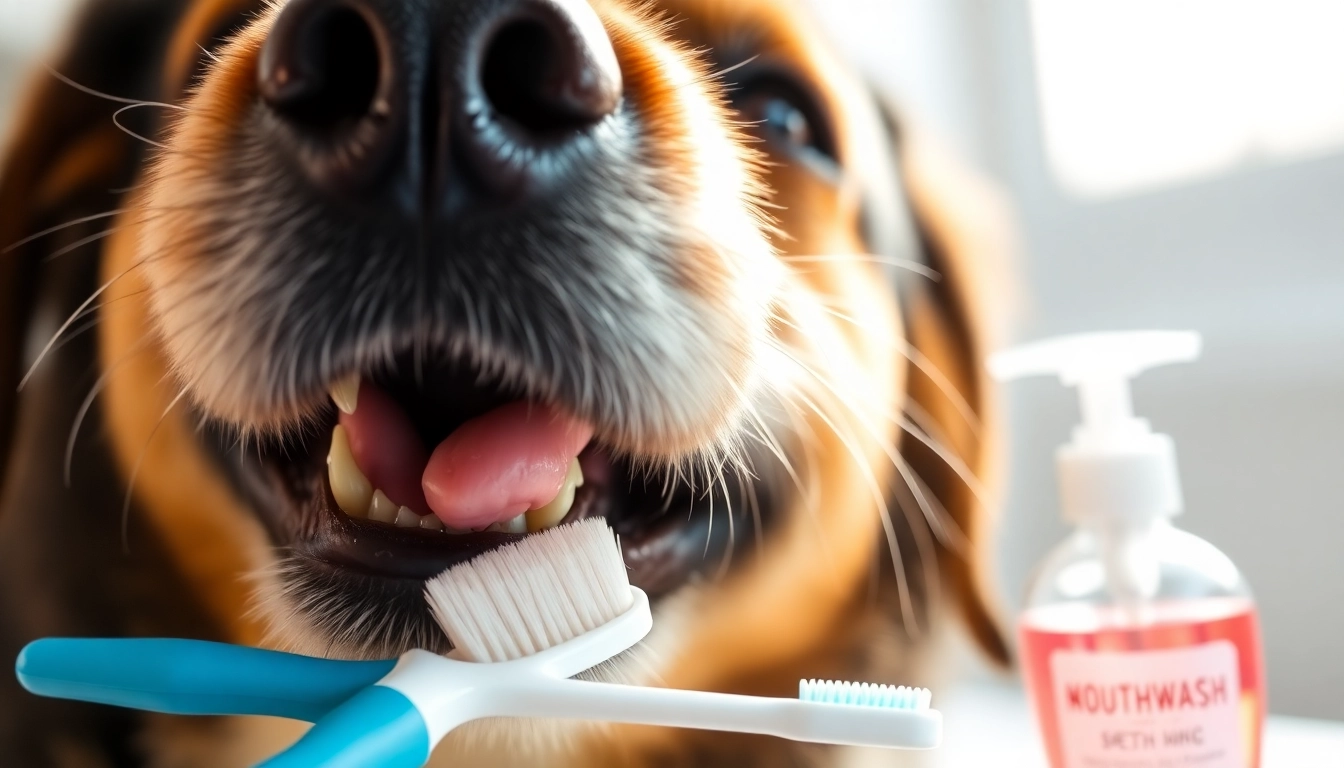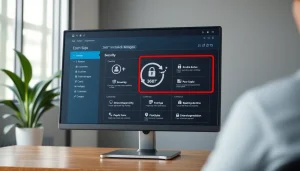Effective Dog Teeth Cleaning Techniques for a Healthier Pet Smile
Why Dog Teeth Cleaning is Essential
Maintaining good dental hygiene for your dog is not just about keeping their breath fresh or their smile bright; it plays a critical role in their overall health. Just like humans, dogs are susceptible to a range of dental problems that can affect their quality of life. Regular dog teeth cleaning habits can significantly reduce the risks associated with poor oral health, including periodontal disease, which can lead to more severe health issues. In this article, we will explore why dog teeth cleaning is essential, the best tools for the job, step-by-step cleaning techniques, and how to maintain long-term dental health for your furry friend.
The Importance of Good Oral Hygiene
Oral hygiene for dogs is often overlooked, yet it plays a vital role in their overall well-being. Research suggests that more than 80% of dogs experience dental disease by the age of three. The consequences of neglecting your dog’s oral health can be dire; bacteria from the mouth can enter the bloodstream, affecting organs such as the heart, liver, and kidneys. A regular routine of brushing your dog’s teeth and monitoring their oral health helps to mitigate these risks and can prolong their lifespan.
Common Dental Issues in Dogs
- Periodontal Disease: This is the most common dental condition in dogs, which starts with plaque buildup, leading to inflammation and infection of the gums.
- Tooth Decay: While less common in dogs compared to humans, it may occur due to poor diet or lack of dental care.
- Gingivitis: Characterized by swelling and redness of the gums, gingivitis is a precursor to more severe dental conditions.
- Broken Teeth: Dogs can suffer from broken teeth due to physical trauma or chewing hard objects, which can lead to pain and infection.
How Often Should You Clean Your Dog’s Teeth?
The frequency of teeth cleaning can vary based on your dog’s breed, age, and dental health. However, veterinarians generally recommend brushing your dog’s teeth at least two to three times a week. Daily brushing is ideal, especially for dogs prone to dental issues. Additionally, regular professional cleanings by a veterinarian can help keep your dog’s mouth healthy.
Best Tools for Dog Teeth Cleaning
Choosing the Right Toothbrush for Your Pet
When selecting a toothbrush for your dog, consider the size of their mouth and the length of their snout. Dog-specific toothbrushes are available, often featuring softer bristles to gently clean teeth without damaging enamel or gums. Finger brushes are also a popular choice for small dogs, allowing greater control and comfort during brushing.
Top Toothpaste Options for Dogs
Human toothpaste can be toxic to dogs, making it essential to choose a product designed specifically for them. Look for dog toothpaste that is enzyme-based to combat plaque and bacteria. Many brands come in flavors appealing to pets, such as chicken or peanut butter, making the process more enjoyable for them.
Additional Oral Care Products to Consider
- Dental Chews: These can help reduce plaque while satisfying your dog’s natural urge to chew.
- Water Additives: These liquid solutions can be added to your dog’s water bowl to promote oral health without requiring brushing.
- Dental Sprays: Used to target plaque and freshen breath, sprays can be a helpful addition to your dog’s oral care routine.
Step-by-Step Guide to Cleaning Your Dog’s Teeth
Preparing Your Dog for Teeth Cleaning
Preparation is key to a successful teeth cleaning session. Start by creating a calm environment; this might involve having your dog lay on a comfortable surface. Familiarize them with the toothbrush and toothpaste by allowing them to smell and taste it. Positive reinforcement is crucial—offer treats and praise to create a positive association with the process.
Proper Techniques for Effective Cleaning
To effectively clean your dog’s teeth, follow these steps:
- Lift the dog’s lip to expose the teeth and gums.
- Gently brush in a circular motion, focusing on the gum line where plaque buildup tends to accumulate.
- Use short, soft strokes to reach all surfaces of the teeth—front, back, and chewing surfaces.
- Be cautious around sensitive areas; stop if your dog shows signs of discomfort.
Spending a few minutes on this process and being gentle yet thorough is enough to ensure your dog’s teeth are clean.
Incorporating Dental Treats into Their Routine
Dental treats serve a dual purpose: they aid in cleaning your dog’s teeth and provide a tasty snack. Look for treats that have been approved by veterinary dental associations. Incorporate them into your dog’s routine as a reward post brushing or as a daily snack to promote ongoing oral health.
Signs Your Dog Needs Professional Dental Care
Identifying Symptoms of Dental Issues
As a responsible pet owner, it’s essential to recognize signs that your dog may require veterinary dental attention. Symptoms can include:
- Bad breath (halitosis)
- Red or swollen gums
- Excessive drooling
- Pawing at their mouth or face
- Difficulty eating or reluctance to chew
Understanding When to Visit the Vet
If you observe any of the symptoms listed above or if your dog has not had a dental checkup in over a year, it’s crucial to schedule an appointment with a veterinarian. They can perform a thorough examination, may recommend cleaning, and provide further treatment as needed.
Preventative Measures to Avoid Future Problems
Preventative measures play a significant role in maintaining your dog’s dental health. Establishing a consistent dental care routine, providing appropriate dental toys, and selecting quality dental chews can help minimize risks. Regular veterinary visits ensure that any issues are caught early before they escalate.
Maintaining Long-Term Dental Health for Dogs
Daily Habits to Promote Oral Health
Creating a daily dental care routine for your dog is a vital step in maintaining their oral health. Establish a habit of brushing their teeth at the same time each day to promote consistency. Additionally, monitor their diet, as certain foods can contribute to better dental health. Consider implementing a combination of brushing, chewing, and rinsing to ensure a comprehensive daily oral care routine.
The Role of Diet in Dental Hygiene
A balanced diet rich in nutrients is foundational to your dog’s health and can impact their dental hygiene. Some dog foods are specifically designed to reduce tartar buildup or contain ingredients that promote dental health. Consult your veterinarian regarding appropriate dietary options that complement your dog’s dental care routine.
Periodic Professional Cleanings and Checkups
While at-home dental care is essential, periodic professional cleanings are equally important. Your veterinarian can access areas that are difficult to reach with a toothbrush and can perform necessary cleanings under anesthesia for more thorough results. These visits should occur at least once a year, or more frequently for dogs with existing dental issues.














Post Comment